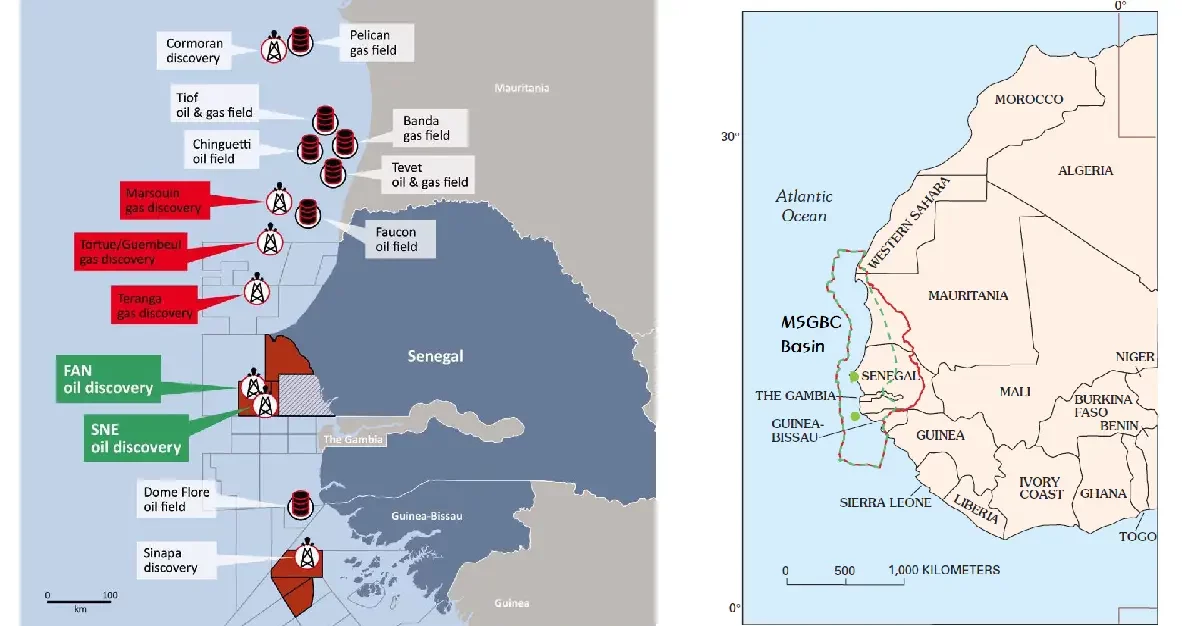The MSGBC zone, which consists of Mauritania, Senegal, Guinea-Bissau, and Cape Verde, is fast becoming an investment hub in areas like energy, mining, and infrastructure.
The driving force behind this influx of investment is a mix of good governance, tax benefits, and a focus on sustainable development.
Each country in the MSGBC basin has adopted competitive tax policies to draw in foreign investments.
For example, Senegal offers income tax breaks for mining and VAT exemptions for green energy gear.
Mauritania, too, offers total tax relief for companies dealing in raw materials within its Special Economic Zones (SEZs).
The Gambia is not behind, providing corporate tax holidays for energy companies.

Growing SEZs
Special Economic Zones (SEZs) are on the rise in the region. Mauritania, rich in iron ore and natural gas, is actively exploring SEZ possibilities.
Meanwhile, Guinea-Conakry extends tax perks to companies investing in infrastructure, signaling the importance of strong infrastructure for ongoing economic growth.
Trade and visa standardization could add value to the region.
Drawing inspiration from other free trade areas like the USMCA, MSGBC countries are exploring the creation of their own energy-centered free trade zone.
This will improve regional cooperation and streamline operations.
The region is experiencing a surge in impact investing, often backed by Sovereign Wealth Funds (SWFs).
Mauritania’s SWF, for instance, is channeling funds into renewable energy projects as part of its plan to shift away from fossil fuels by 2030.
Sovereign Wealth Funds
A collective SWF could also drive investment toward green and social projects.
The MSGBC region is broadening its investment landscape. Beyond the well-known sectors like mining, there is a strong focus on renewable energy and agriculture.
Both Senegal and Mauritania are setting high goals for including renewable sources in their energy mix.
Additionally, the region’s fertile agricultural sector is viewed as a cornerstone for internal trade and food security.
In summary, a blend of tax incentives, sound governance, and regional partnerships is shaping MSGBC as an investment frontier.
The ultimate success depends on effective implementation and a strong focus on sustainability.
While challenges remain, ongoing efforts from both public and private sectors promise a bright future for the region.

